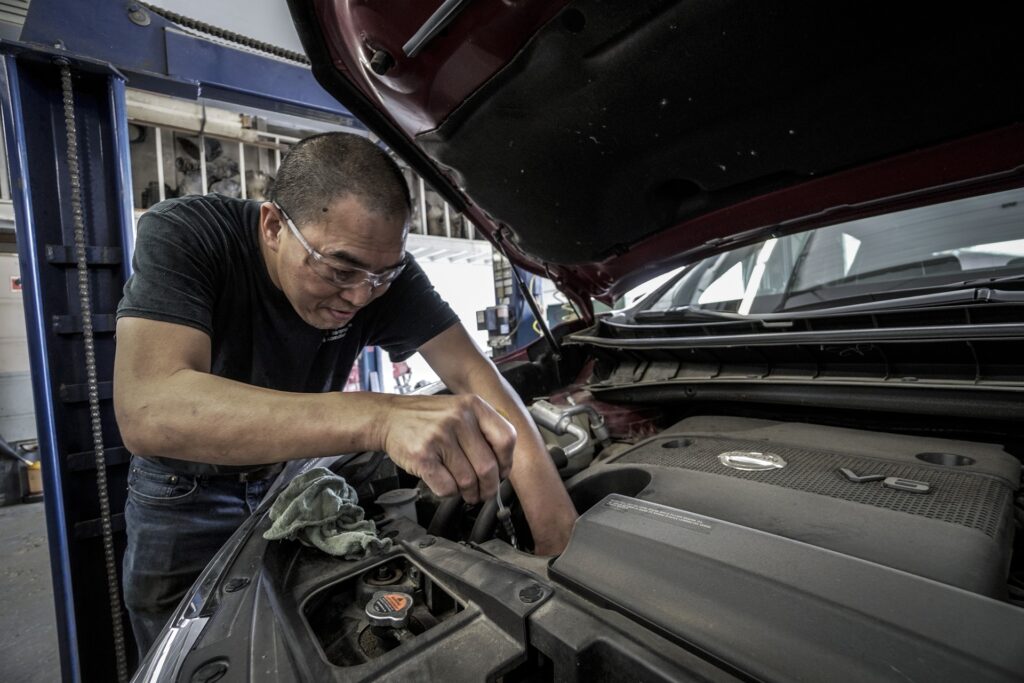Buying a used car engine can be a cost-effective solution for vehicle owners who need to replace their engine but don’t want to spend the money on a brand new one. However, it’s important to carefully evaluate any used engine before making a purchase. In this article, we’ll explore some expert insights on common issues to look for when buying a used car engine.
1. Check the Engine’s Compression
One of the most important things to check when buying a used car engine is its compression. Compression is the amount of pressure created by the engine’s pistons when they move up and down. Low compression can be a sign of engine wear, and can lead to issues such as reduced power, poor fuel economy, and engine misfires. It’s important to have the compression checked by a mechanic before buying a used engine to ensure it’s in good condition.
2. Inspect the Engine for Wear and Damage
Another important thing to look for when buying a used car engine is wear and damage. Be sure to inspect the engine for any signs of cracks, leaks, or other damage. Also, look for signs of wear such as rust, corrosion, and worn bearings. A thorough inspection can help identify any issues that could cause problems down the line.
3. Verify the Engine’s History
It’s important to ask for the engine’s history before making a purchase. This can include the engine’s maintenance records, repair history, and any previous accidents or damage. It’s also a good idea to check the engine’s VIN number to ensure it matches the vehicle it’s coming from. This can help identify any potential issues and ensure that you’re getting the right engine for your vehicle.
4. Look for Signs of Overheating
Overheating can cause serious damage to an engine, so it’s important to look for signs of overheating when buying a used car engine. This can include cracks in the cylinder head or block, warped or damaged pistons, and signs of corrosion on the cooling system. Be sure to have the engine’s cooling system checked thoroughly to ensure that it’s in good condition.
5. Check for Proper Installation
Finally, it’s important to ensure that the used engine is installed properly in your vehicle. This can include ensuring that the engine is properly aligned and that all the bolts and components are tightened to the manufacturer’s specifications. Improper installation can cause serious issues down the line, so it’s important to have a qualified mechanic install the engine to ensure that it’s done correctly.
In conclusion, buying a used car engine can be a cost-effective solution for vehicle owners, but it’s important to carefully evaluate any engine before making a purchase. By checking the engine’s compression, inspecting it for wear and damage, verifying its history, looking for signs of overheating, and ensuring proper installation, you can help ensure that the used engine you’re buying is in good condition and will provide reliable performance for years to come.

